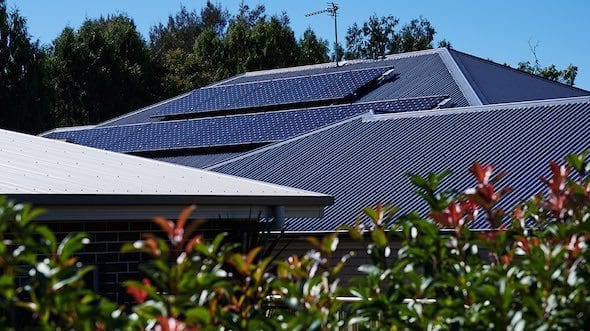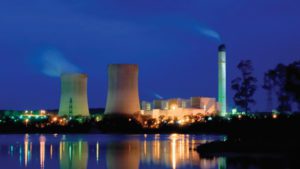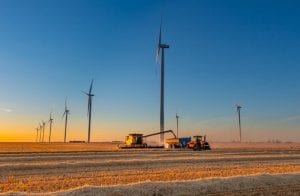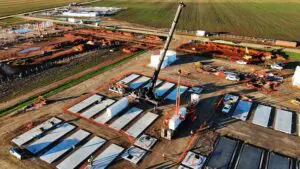Australian tech billionaire Mike Cannon-Brookes – whose Tweeted challenge to Elon Musk in March set the ball rolling for Tesla’s big battery installation in South Australia – has thrown his investment weight behind a start-up company in Australia’s green finance space, home energy lending outfit Brighte.
Brighte was founded in 2015 by former Macquarie Group staffer Katherine McConnell, to help Australian homeowners access energy innovations like solar and battery storage, without worrying about the upfront cost.
The company, which raised $3.5 million in an initial seed funding round, mostly from high net worth investors and family trusts, recently completed a second fund-raising round of $4 million, most of it coming from Cannon-Brookes’ investment vehicle, Grok Ventures.
Cannon-Brookes has also invested in Brighte’s debt issuance, which includes tranches of securitised loans.
Brighte’s funding model offers home owners online loans for a range of energy saving technologies, including energy efficient lighting, smart management tools and heating and cooling, and charges up-front and monthly fees, rather than interest, over either a 12, 24 or 36 month period.
According to McConnelll, Brighte has been growing consumer loans at a rate of 49 per cent month-on-month in its first 10 months of operation. The company is targeting $100 million in annual sales over the next two years, and will use funds raised to increase the scale of its operations and the scope of its technology.
“When we look at what the biggest pressures are that are facing households in the year ahead it will be rising utility and energy costs. It is a huge debate and it is real,” McConnell said.
“Banks have [funding] solutions but they don’t have the right solution. From a product distribution side I don’t think the banks have the right product and they’ve missed the boat.”
In comments made to the Australian Financial Review, Cannon-Brookes said that Brighte had a strong business proposition that encouraged home owners to invest in solar to reduce their power bills, and then to use those savings to pay off their loans quicker.
“It also gets them a positive mental cycle so they’ll want a battery, an efficient water heater, efficient lighting etc as a loan extension, which further reduces their bills,” Cannon-Brookes said.
“If we can get more households to understand that cycle – let’s just say my grandchildren will have a planet to play in and not many coal company shares to inherit.”











